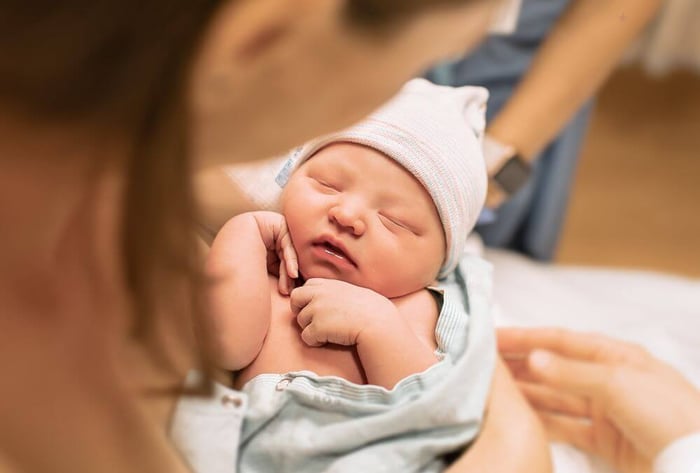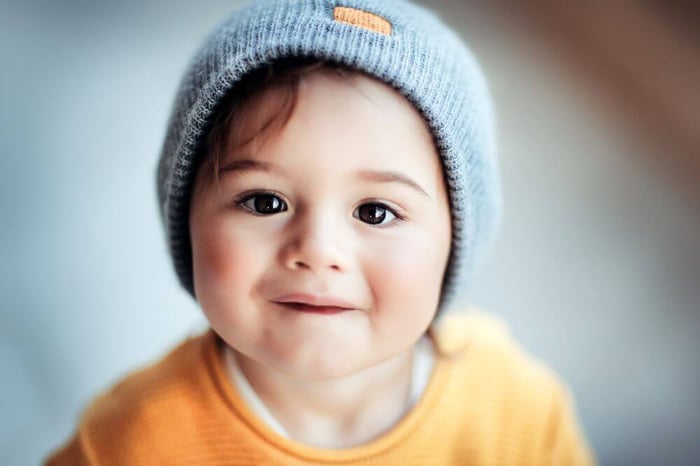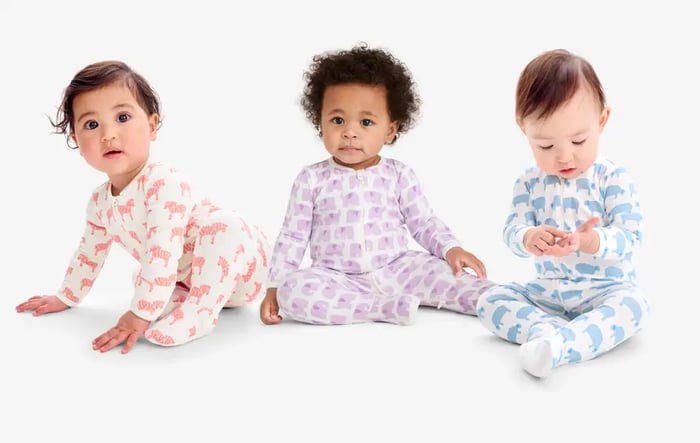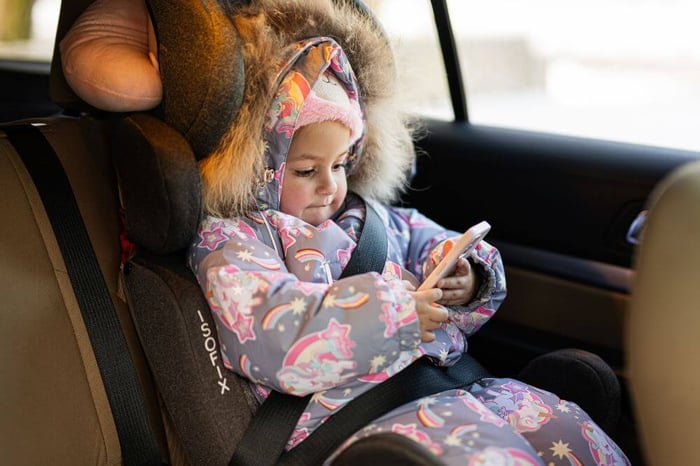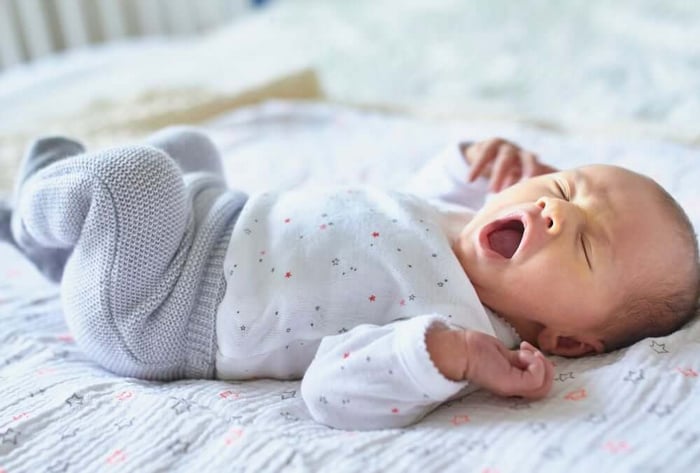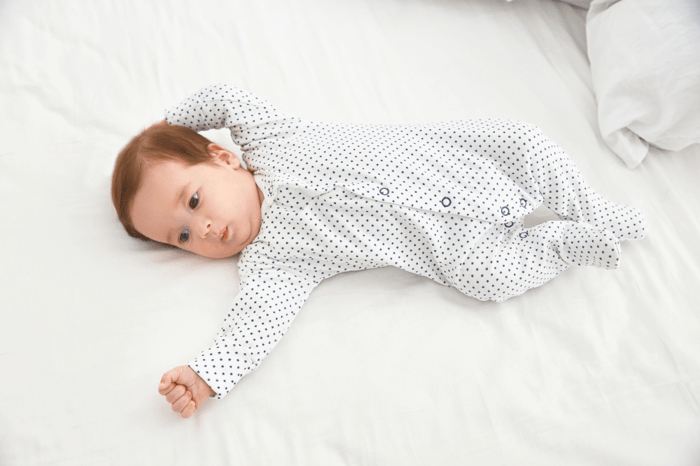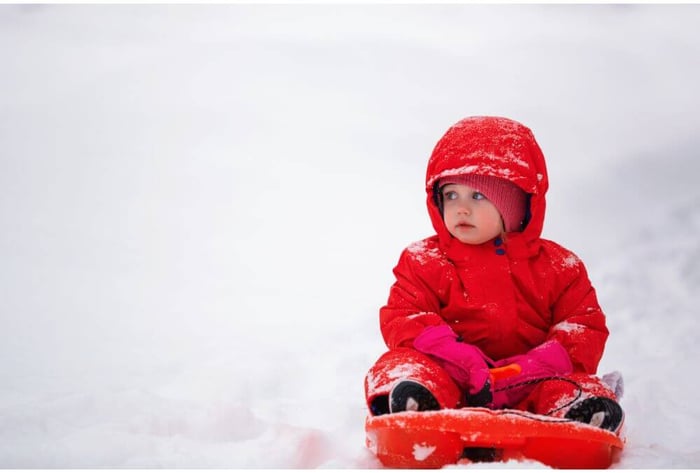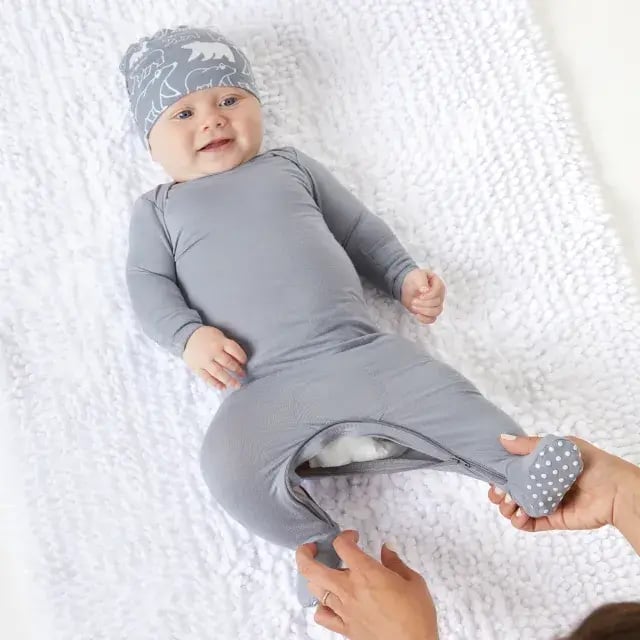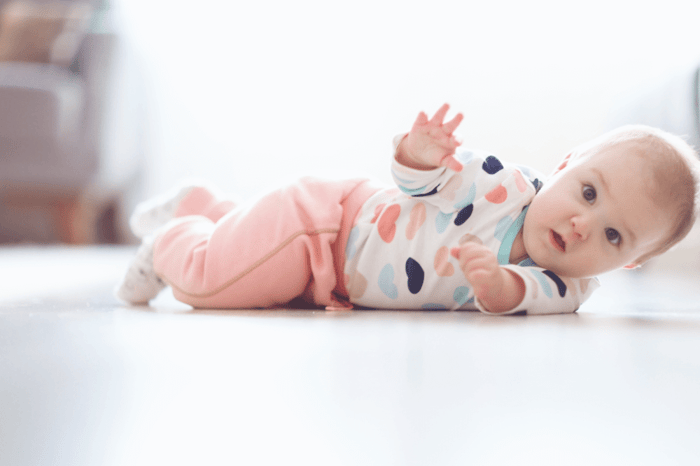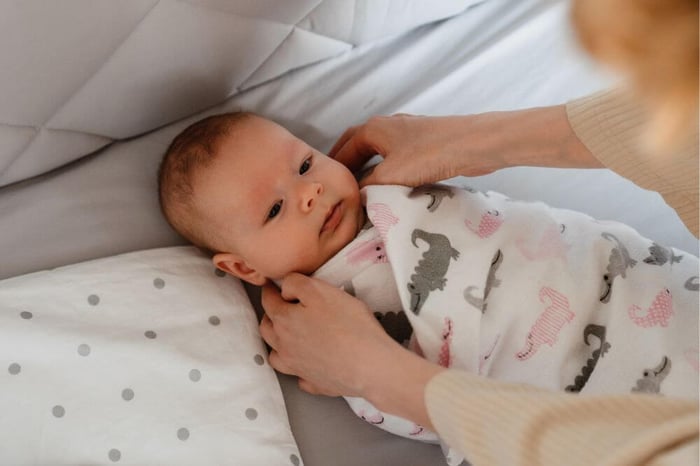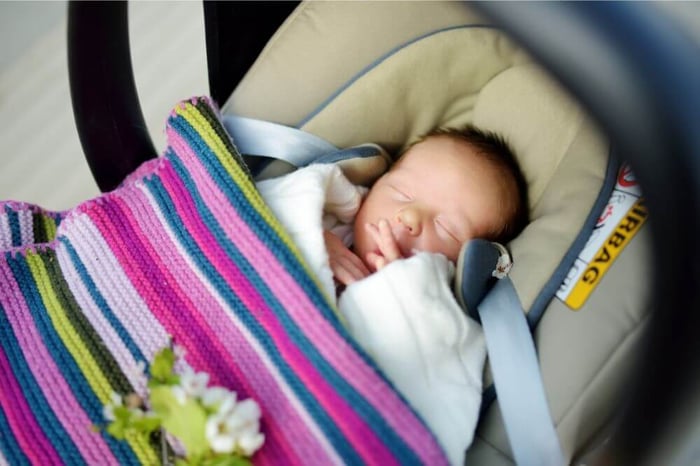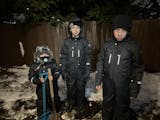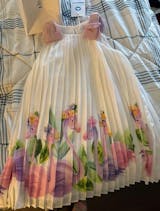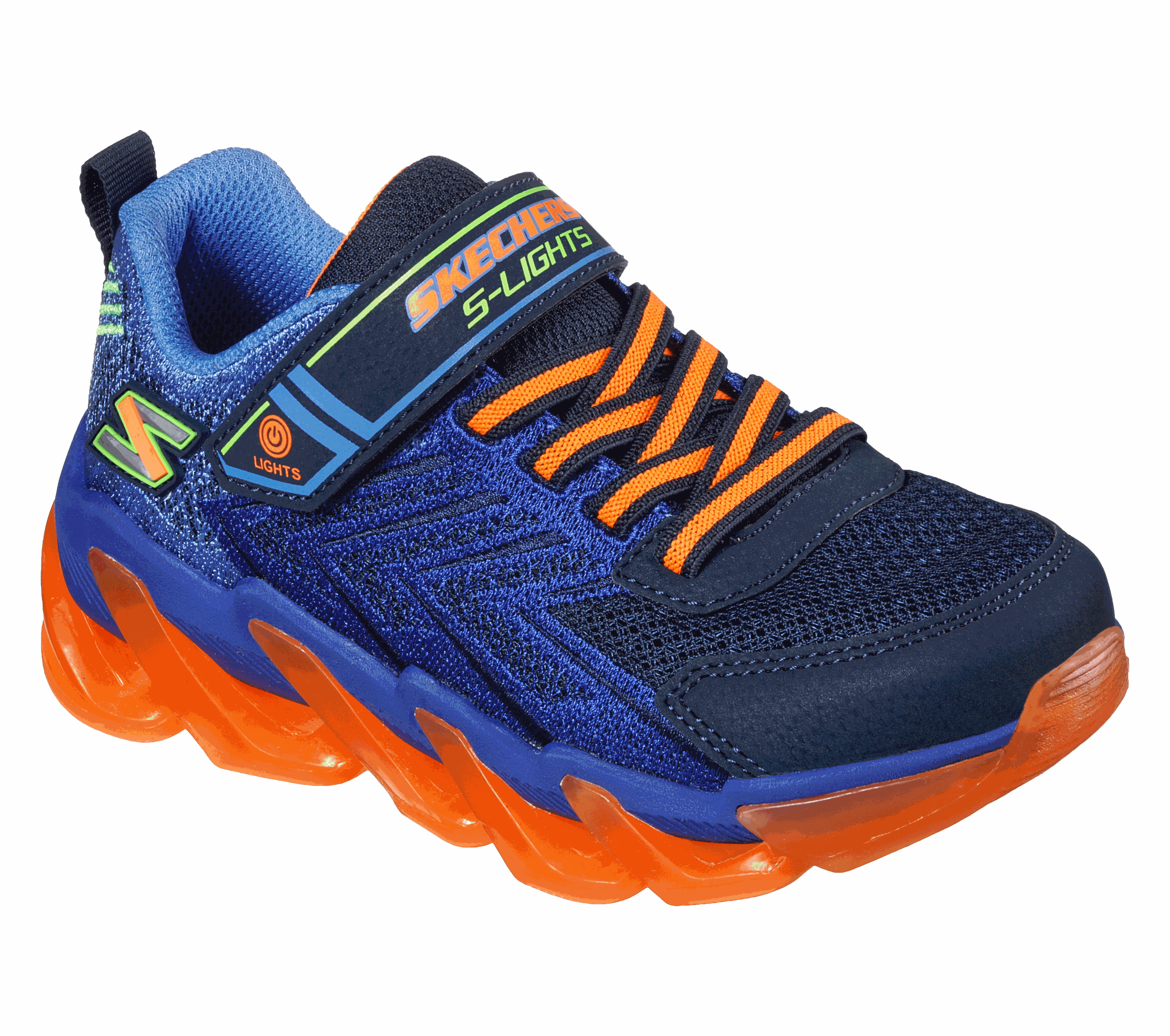How to know if newborn is too hot.
Welcoming a newborn into your life is an exciting and happy event. But with it comes so many responsibilities. Making sure your baby is safe and comfortable, particularly with regard to body temperature, is a crucial part of newborn care.
Babies are susceptible to temperature changes, which can have significant health consequences. Before a serious issue develops, their bodies start showing symptoms like rashes.
Fret not if you’re not familiar with this.
This blog will explain how to regulate your baby's body temperature. From identifying overheating symptoms to taking the necessary precautions to keep your baby safe and comfortable, let's learn everything in detail.
Understanding Newborn Temperature Regulation
Newborn depends on caregivers for EVERYTHING.
Unlike adults, Newborns cannot control their body temperature properly. Since they can’t add or remove layers, they depend on their surroundings and are therefore prone to overheating.
Their unique physiology doesn’t let them control their body temperature. Infants' natural body temperatures are usually between 97.5°F-100.4°F (36.4°C and 38°C). Anything outside this range may affect their body.
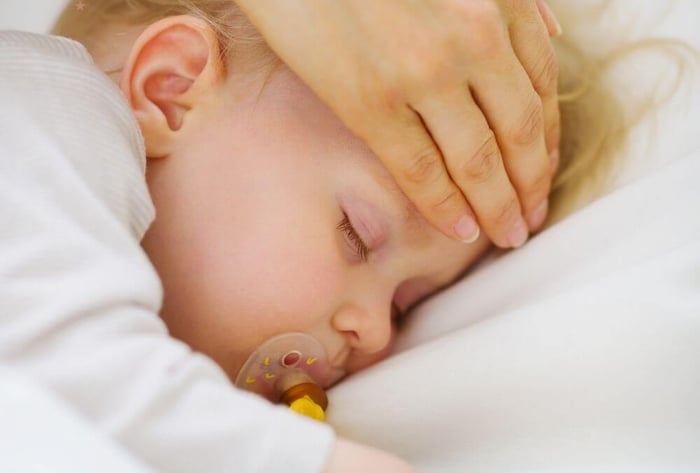
Although their capacity to dissipate heat is restricted, newborns create heat through metabolism and muscle activity. Their more considerable body weight to surface area ratio makes them prone to changes in temperature in their surroundings.
Additionally, sweat glands are not fully developed to maintain the temperature through sweating.
Ideal room temperature for newborns
It's crucial to make your newborn's environment cozy. For newborns, the ideal room temperature is 68°F-72°F (20°C and 22.2°C). To make sure you keep their room at a pleasant temperature, monitor the humidity level and check your infant’s body temperature now and then. Besides this, dress them according to their surrounding temperature.
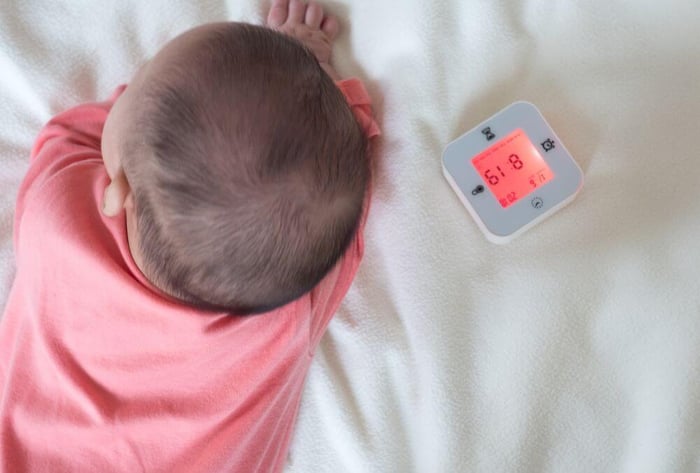
Are you confused about how to dress your newborn properly? Here’s a comprehensive guide on how to dress your infant properly in summer and winter.
Signs your newborn is too hot
But how do I know if my newborn is too hot? This question might come to your mind, so let me answer it.
Recognizing the different signs is very important for your newborn’s well-being. Such signs allow you to ensure your baby is not too hot. Here are some of them:
Physical indicators
Physical signs are more obvious and earlier. So, here are a few symptoms your newborn's body shows in case it is too hot.
Flushed and red skin: Red skin indicates that your baby is overheating. Heat rashes appear when sweat gets trapped under the skin. The smaller sweat glands don’t regulate the body temperature accurately, so heat rashes appear.
Sweating: Sweating is a clear sign of overheating. While newborns don’t sweat much, you may notice dampness at their backs or behind their necks when overheating.
Rapid breathing: Your newborn's breathing rate may increase as the body tries to cool down when overheating.
Behavioral changes
A change in your newborn’s behavior, in addition to physical symptoms, could also indicate an alteration in body temperature.
Irritability due to discomfort from heat.
Decreased activity than usual
Restlessness during sleep
Constant weeping and crying
Severe symptoms
In some severe conditions of overheating, you may notice the following symptoms:
Vomiting: Your baby may start vomiting in severe overheating. If vomiting occurs or the baby appears confused, consult your doctor immediately.
Dry mouth: Mouth becomes dry in severe overheating due to dehydration.
Unresponsiveness: Reduced metabolism is one of the severe symptoms of dehydration, which causes the baby not to respond appropriately.
If you observe any of these symptoms, it’s high time to go to the doctor and get your newborn checked to avoid severe health consequences.
Risks of overheating
If overlooked, the high temperature of a newborn can have severe health consequences. Understanding the risks associated with overheating is very important. It allows you, as a new parent, to make plans accordingly. Here are some of the risks of overheating:
Health risks
Dehydration: when a baby overheats, it quickly dehydrates due to excess water loss through sweating. This dehydration is dangerous as the body requires water for proper metabolism.
Heat exhaustion: symptoms of heat exhaustion include heavy sweating, weakness, and vomiting. If not taken seriously, it can lead to heatstroke.
Heatstroke is a severe condition where the body temperature rises sharply, and the body cannot cool down. It requires immediate medical attention.
Long term effects
Prolonged overheating can result in long-term health problems like:
Sleep Issues: Your infant may experience long-term sleep difficulties if they consistently overheat.
Sudden Infant Death Syndrome (SIDS): Research shows a close link between overheating and SIDS, making it essential to make your baby feel comfortable during sleep.
How do you check your newborn’s temperature?
Checking the temperature of your newborn is a straightforward process. Here are some methods to check the temperature of your infant:
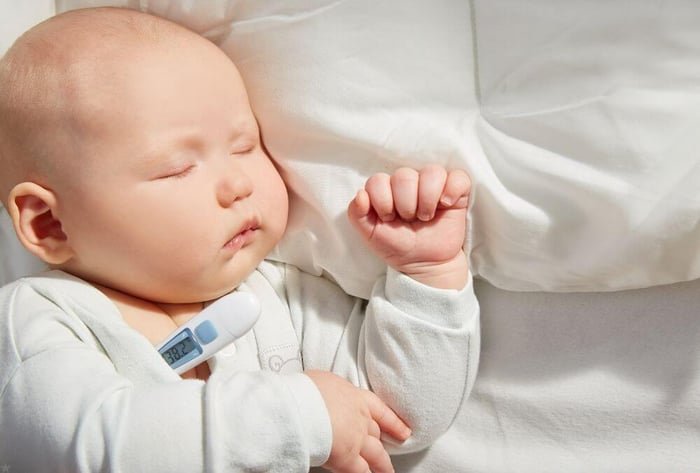
Digital thermometer
A digital thermometer is an accurate way to check your baby’s temperature. The average body temperature of a newborn is typically between 97F and 100.3F.
Ear thermometer
While not as accurate for newborns, ear thermometers can be used for older infants. Make sure that you follow the instructions carefully.
Forehead thermometer
These are very handy and easy to use, but they may not be as precise as other methods.
Touch and observe method.
If you don't have a handy thermometer, you can check your infant's body temperature at the neck or back. If it feels hot to the touch, it might be overheating.
Home
Remedies If Newborn is Too Hot
In case you think your kid is overheated and you can’t go to the doctor immediately, you can take the following quick actions:
First thing frst, remove all the unnecessary layers of clothing. Generally, one layer of clothing is sufficient to cool down. Our website provide baby pajamas, hats and socks.
$18.99 CAD
Make cold winter days more stylish than ever with our Peruvian Knit Hat Gradient Blue, Coral and Fuschia. This colorful hat is made from soft acrylic yarn and features a cozy lining, earflaps for added coverage, braided tassels that hang… read morePeruvian Knit Hat Gradient Blue, Coral And Fuschia

When your baby is old enough (usually more than six months), give them tiny glasses of water. Make sure younger infants are receiving enough breast milk or formula.
Go to cooler surroundings to reduce your infant's body temperature. You can also use a hand fan. It can help lower the temperature but should not be pointed directly at your child. It provides a cooling effect after sweating.
If your infant is extremely hot, use Lukewarm Water to sponge them down.
Don't use cold water, as it may initiate shivering, which can raise the body's temperature.
However, if there is no considerable improvements, it’s time to seek medical help.
When to seek medical help?
Even while you can treat overheating at home in many cases, there are several situations when you should consult a doctor to ensure that there are no medical complications;
Persistent High Temperature
Contact your pediatrician if your baby's rectal temperature is consistently above 100.4°F (38°C) and does not decrease with cooling techniques.
Severe Lethargy or Unresponsiveness
You should take care immediately if your kid is acting remarkably drowsy or hard to rouse up.
Signs of Dehydration
See your healthcare practitioner if you have symptoms of dehydration, such as a dry mouth or less wet diapers.
Severe Symptoms
You should see a doctor immediately if you experience any severe symptoms, such as a heat rash, vomiting, or confusion.
Conclusion
Keeping a close eye on your newborn's temperature is a MUST for comfort and safety. You can ensure your kid stays happy and healthy by knowing the warning signs of overheating and taking the necessary steps.
Always remember that speaking with your pediatrician is preferable when in doubt. Your attentiveness and nurturing are vital to your baby's health.
By following the home remedies, you can help your infant grow during those priceless early months by providing a safe and pleasant environment. Remain aware, pay attention, and treasure every time you spend with your child.
FAQs
Q1: How many layers is a newborn appropriate for?
Generally speaking, newborns should wear one extra layer than adults. In colder climates, use breathable layers, such as sleepers, cotton onesies, and a swaddle or sleep sack. Adapt your layering to the ambient temperature and watch for overheated symptoms like perspiration or flushed skin.
Q2: What is a newborn's average range for body temperature?
Newborns typically have body temperatures between 97.5°F and 100.4°F (36.4°C and 38°C). It's critical to check your baby's temperature often because even little variations might indicate illness or overheating. See your pediatrician for advice if you're worried about your baby's temperature.
Q3: How should I respond to a fever in my newborn?
Contact your pediatrician immediately if the newborn’s rectal fever is higher than 100.4°F (38°C). Make sure the newborn is kept cool and cozy and dressed in light attire. Never administer medication without speaking with a doctor, and watch for any new symptoms that call for immediate medical attention.
Q4: What consequences does a newborn's overheating have down the road?
Frequent overheating in infants can result in long-term health complications, such as a higher risk of respiratory disorders and possible developmental abnormalities. Furthermore, there is a connection between overheating and SIDS. To encourage healthy growth and development, keeping your baby's temperature at a comfortable level is imperative.

